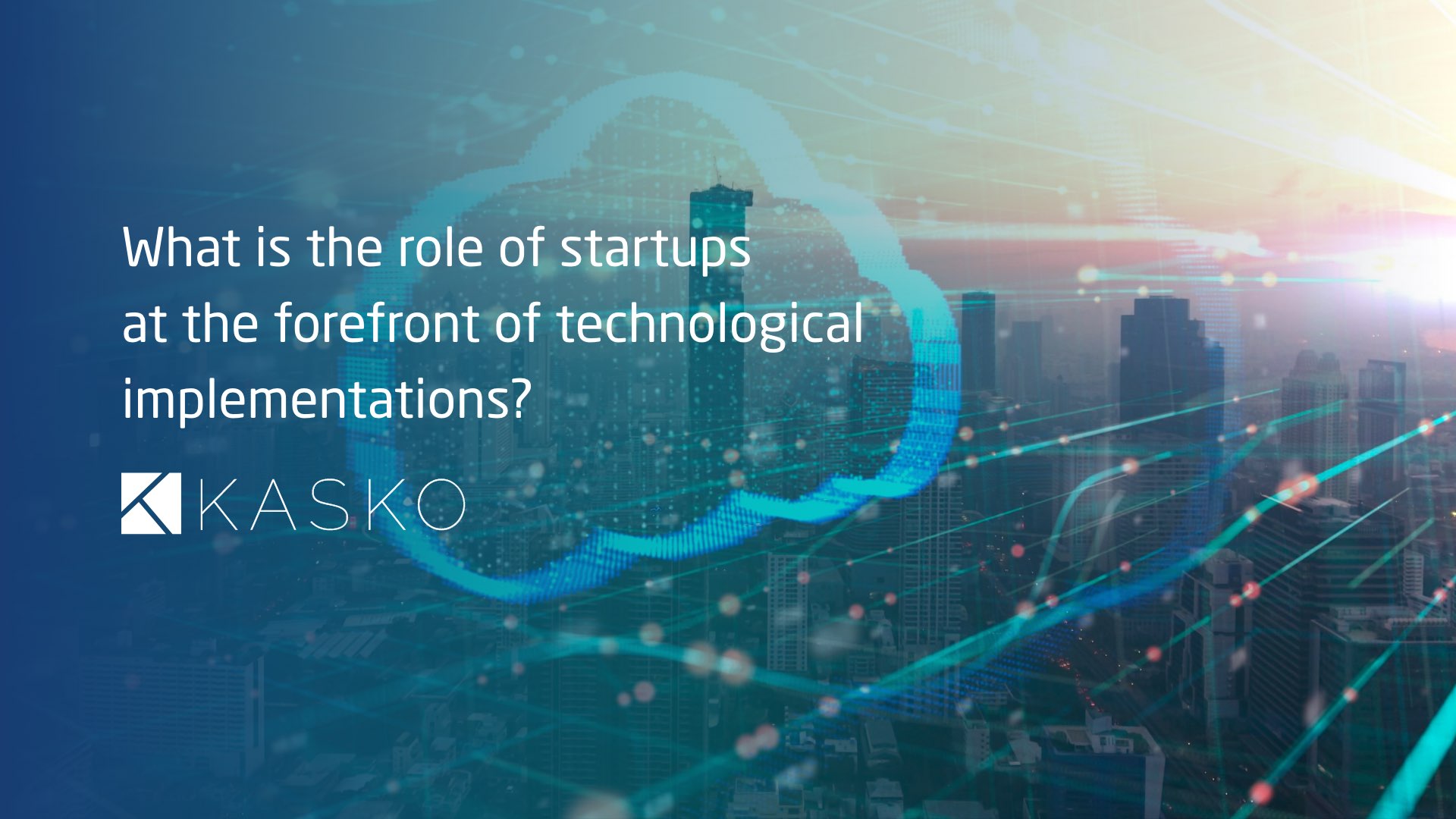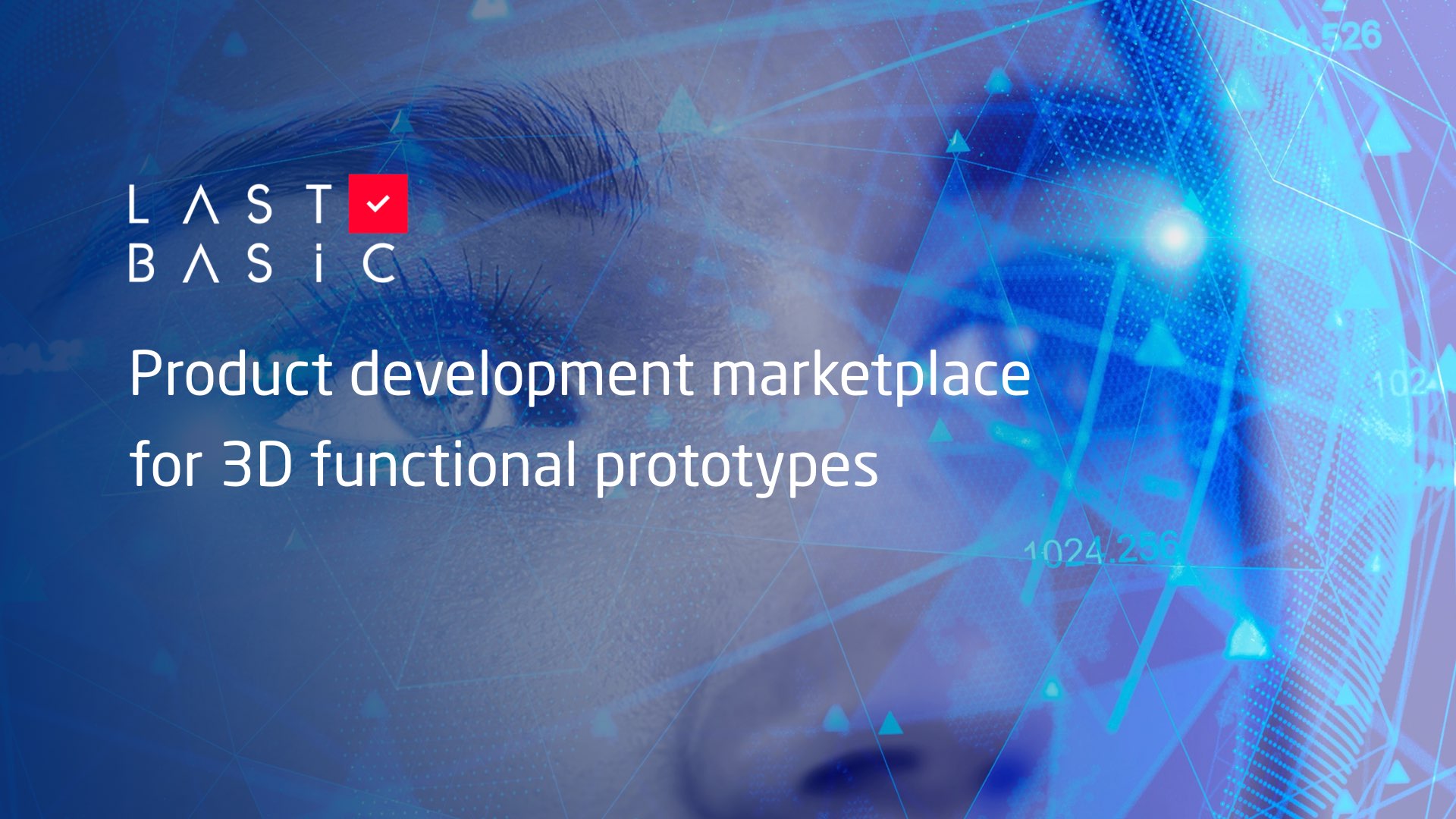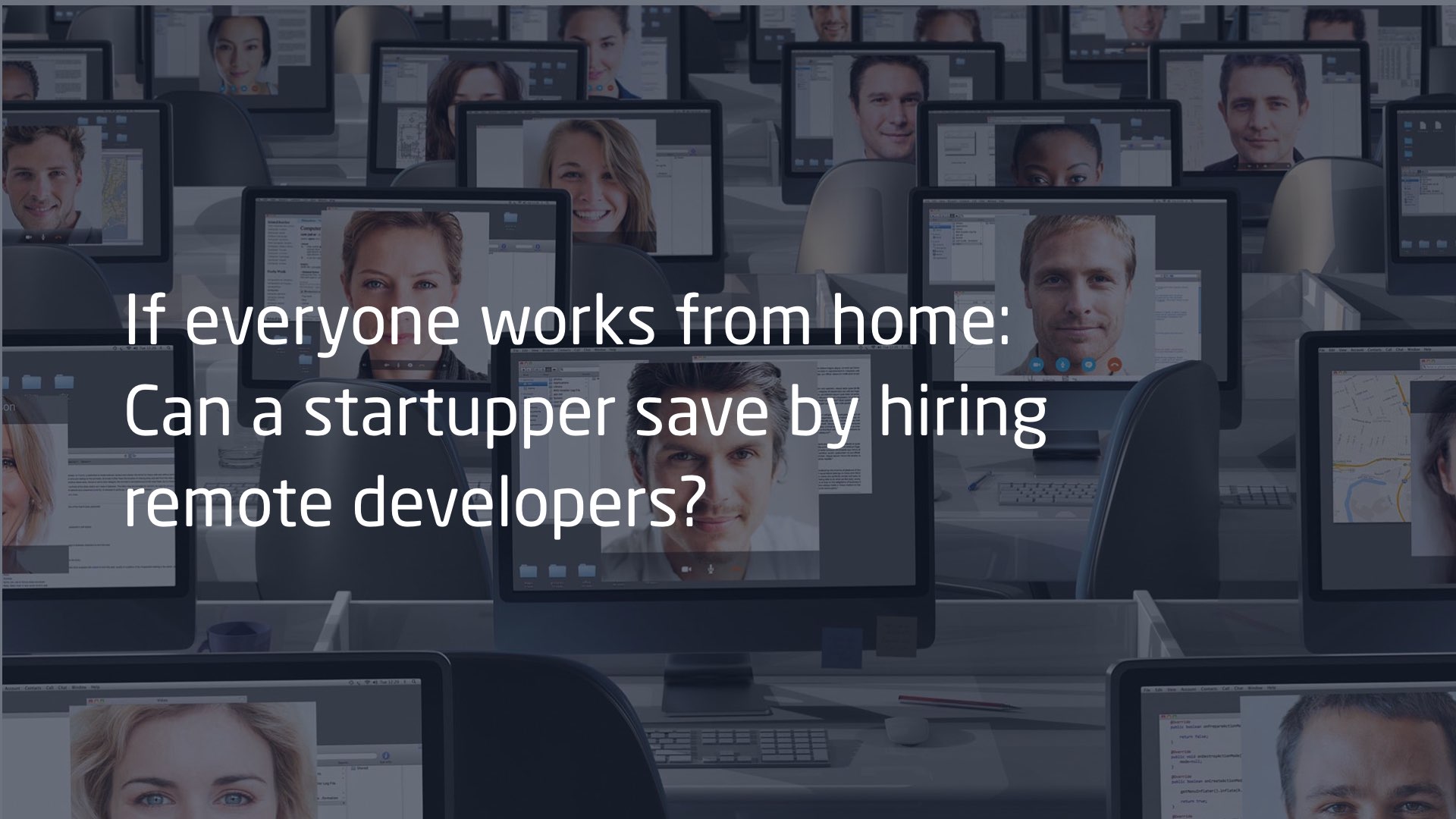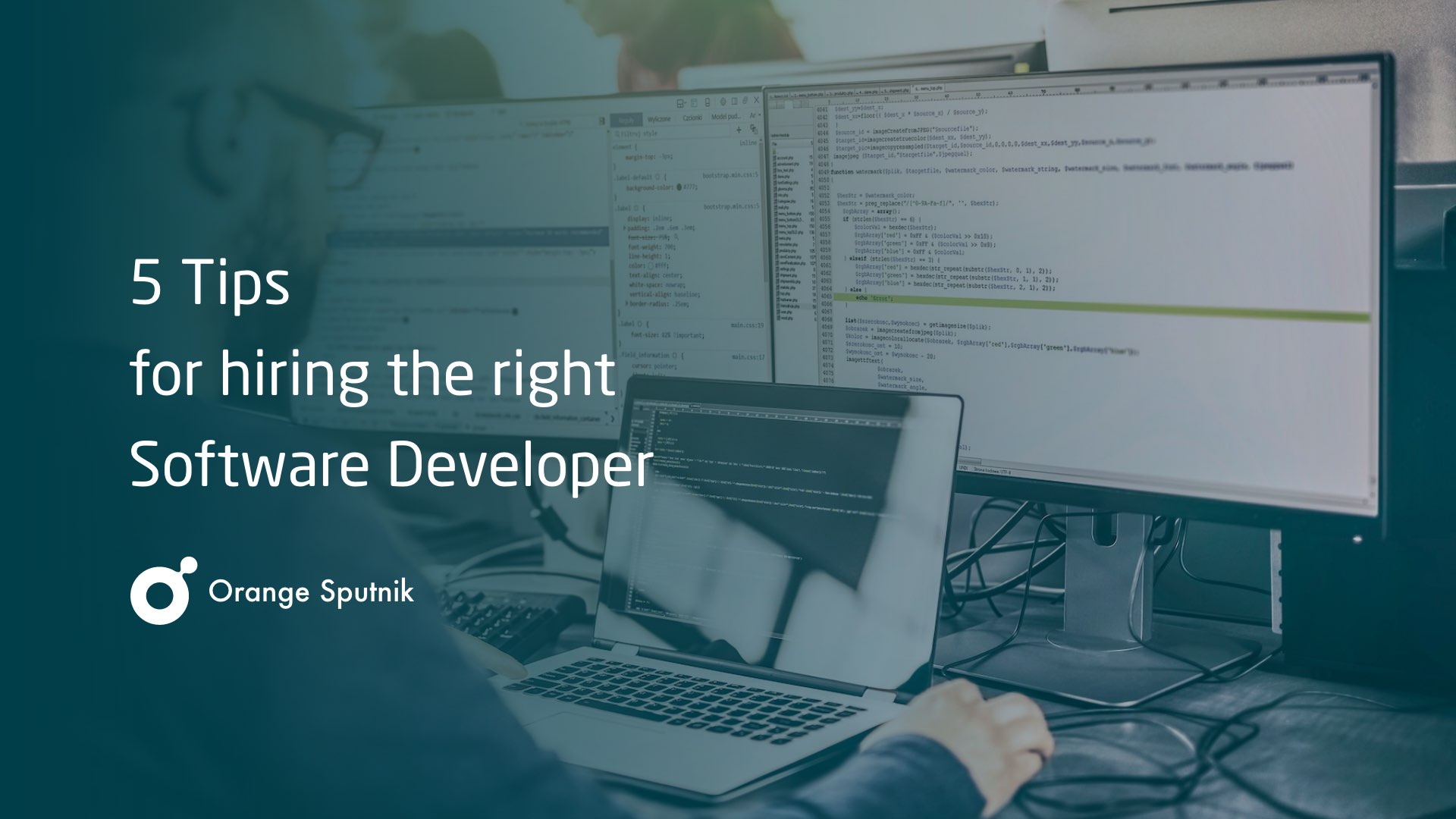Orange Sputnik collected more than 250,000 job applicants, and after a pre-screening and very strict interviewing and evaluation process, we created our own developers' database to bring you the best tech talents in Europe.
Our own 150k+ database allows us to provide qualified candidates and staff open positions in a matter of days, regardless of the team size or role complexity, which lets you hire your dedicated team as fast as it is possible.
With the largest applicants reach in Europe, Orange Sputnik creates teams using only the Top 1% of Software Developers to bring you the best talents.
Our hiring experts use our own recruitment software to find the optimal candidate for your Dedicated Team. When we find a match, we pass him through our vetting process, which includes background checks, verification of his technical background, cultural fit, budget expectations, and level of English to make sure all of it is suitable for smooth cooperation. Only after we approved the candidate according to the requested criteria, we introduce them to you.
You can run as many interview rounds as you need to hire the right people.
You Pay Only For the Developers You Hire, there’s no financial obligation for recruitment before your decision to hire developers.
- All intellectual property rights belong to your company.
- Remote developers hired through the Staff Augmentation service are dedicated to one project at a time and have personal responsibility in contrast to a project outsourcing team that can work on several projects and customers are not aware of who actually did the job.
- Gained experience of the developers remains in the company, unlike the outsourced cooperation model.
- You void any administrative and organizational expenses such as office rent, workstations, payroll, taxes and office management.
- Remote developers team works in accordance with your internal business processes the same way you do with your in-house developers.
- You, your Tech Lead, or your Project Manager communicate with the dedicated development team directly. No middlemen, and no miscommunication.
- We hire vetted software engineers who have 3-5+ years of industry experience and are Agile-fluent according to the specifications and project requirements.
- From the very first day of cooperation with your augmented team, we assign an Client manager who is collocated with your team and will help you and your team collaborate efficiently.
- Your monthly budget remains clear and predictable with a flat monthly fee for our services. No hidden charges or unexpected fees.
- We increase or decrease the size of your team upon your request. When you realize that your team needs more or fewer developers it remain for you as clear and simple business process.
- We also make sure your data and employees are secure with the help of control access systems.
- We organize regular team building activities to maintain a friendly environment in the team.
We select the best talents and train them for you
We have a strong recruitment process aimed at hiring talented people. We always train developers technical level and level of English so they develop as a profession and can fit your workflow easily.
High standards for secure and maintainable software
Our software developing process provides CISQ standards to build reliable, maintainable and secure software and applications. All developers follow a proven work process to build software with your coding standards or can offer the best world practices for easy software maintenance and scale.
SOC 2 Certified Provider
We guarantee the security of clients’ data and privacy. SOC certificate recognizes our excellence in 5 main trust principles: Security, Availability, Processing Integrity, Confidentiality, and Privacy.


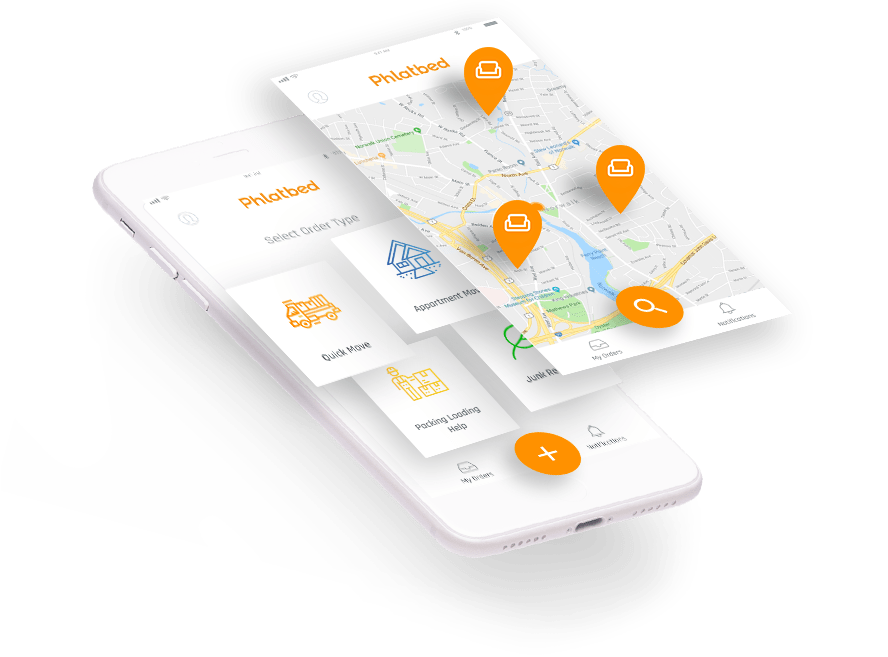
We are Orange Sputnik. We share our Technical Expertise to your business with the help of Dedicated Developers from our tech talent pool.
Today Orange Sputnik operates offices in Sofia and Utrecht.
CALL US:

